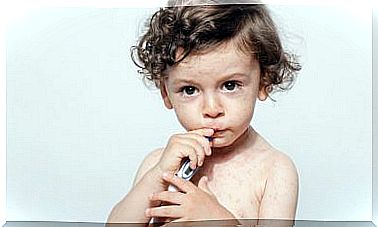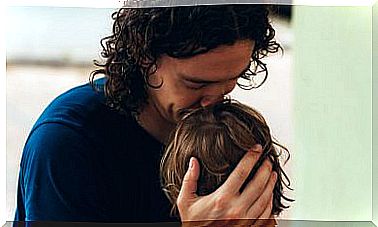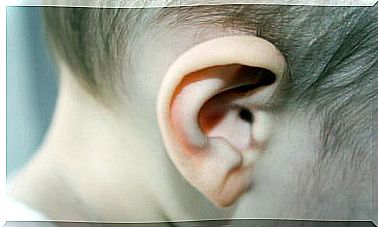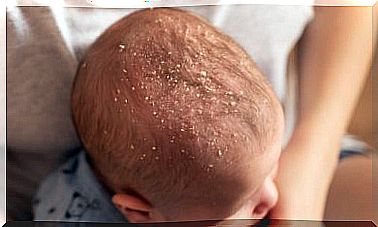Tips To Avoid Vaccination Discomfort

Vaccination is the process that allows the placement of a vaccine (that is, the antigen that protects the body from some diseases). This process is usually part of campaigns or programs promoted by the State. In any case, it is important that parents always inform themselves well with the pediatrician.
Vaccines are essential for the prevention of diseases that attack different organs and systems, such as polio, diphtheria and measles. Therefore, it is essential that parents comply with the vaccination schedule from an early age. Specifically, since they are babies until they reach 14 years of age. In short, it is much easier to prevent than to regret later.
The vaccination process
According to the “Schedule of systematic vaccinations” of the Spanish Association of Pediatrics (2017), at 2 months of age, the vaccines that should be administered to children are: hepatitis B, pertussis, tetanus, diphtheria, polio, pneumococcus and Haemophilus influenzae type B.
So, vaccination is not a procedure that is carried out once in a lifetime, but rather a process in which, depending on the growth and development of the baby, vaccines are applied at different time intervals.
It is convenient to review the vaccination schedule and inquire about the possible side effects of the vaccines with your pediatrician. In this way, it will be possible to know to what extent it is normal for the baby to manifest certain symptoms. It should be noted that, in general, these are very mild and disappear on their own in a few hours.
Check the vaccination record for the number of doses and vaccines that have already been received and let your doctor know so that no dose is repeated.
At the doctor’s office
If you have any questions, this is the ideal time to ask them. Especially in relation to the care you should give your child after the vaccination. In some cases, the doctor may recommend giving your child a pain reliever to ease the discomfort. However, under no circumstances do you administer medications without their prior approval.
Step by step for parents
- Read carefully the recommendations, the vaccine conditions and any technical information related to possible side effects.
- As children get older, teach them to breathe properly so the pain they feel is less acute. Relaxed muscles mean less tension and therefore less pain. If you notice that the child is very tense, teach him to breathe deeply and ask him to breathe in and out slowly with you. The idea is that you focus on it and not pay attention to the rest.
- To keep your little one distracted and not paying attention to the pain, you can sing to him, start a fun conversation, show him a video, or whatever distracts him.
- Bring your child one of his favorite stuffed animals or storybook that he likes the most so he can be distracted. It is also a good idea to bring your blanket or something with which you can feel as if you are still at home, so you will be less tense.
- With older children, you can easily talk and tell them that while the pin prick hurts a little, the pain won’t be around for long. Do not stop supporting them and avoid calling them “scared”, “chicken” and at the end of the day. Remember that the language of the family nucleus is crucial in times of stress.
- Avoid telling them unfortunate stories that may scare them more. Your bad experiences are yours and you should not pass them on to your children, much less when they feel insecure. There are better times to share information and deliver an appropriate message.
- Try to smile and make eye contact with the child so they feel supported.
After the vaccine
In many cases, after receiving a vaccine, children experience some discomfort. Usually it is mild itching in the area of the puncture or some fever. These are normal reactions that go away in a few hours, but it’s still important to be there so that little ones feel comforted.
- Use a cold compress to gradually decrease skin redness, inflammation, and pain.
- To lower a fever, give your little one a cool, but short-lived bath. And if your doctor allows it, give him an age-appropriate pain reliever.
- Make sure the child stays well hydrated, not only with water but also with natural juices and healthy foods. Remember that your child’s appetite may decrease during the 24 hours after vaccination and that this is also normal.
Finally, keep in mind that the time after vaccination is also important. So feed your children well, give them affection and help them make the experience more bearable so that on later occasions they feel more willing and calm.










